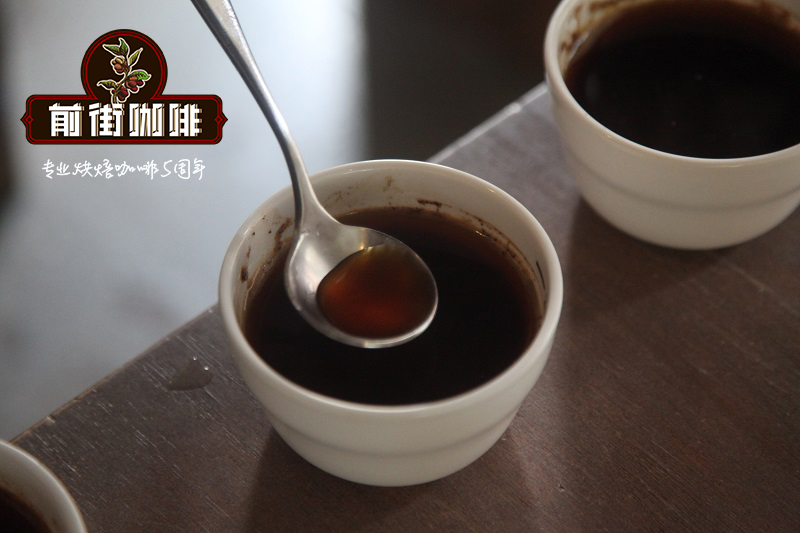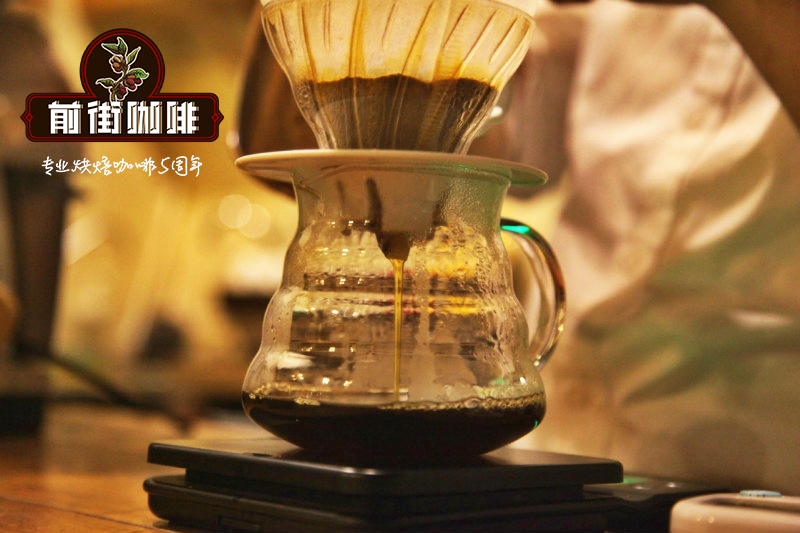Drinking coffee is not healthy? What is the effect of coffee on the body?

Professional coffee knowledge exchange more coffee bean information please follow the coffee workshop (Wechat official account cafe_style)
Coffee, which was planted and used as a drink in Arabia more than 2500 years ago, was introduced to Yemen in the 9th century, to Europe and Asia in the 15th century, and then to America and became popular all over the world. now coffee has become one of the three major drinks in the world. Today, with the rapid development of China, coffee has also become one of the main drinks for white-collar workers in large and medium-sized cities.
As more and more coffee drinks and cafes appear in daily life, Chinese people's enthusiasm for coffee seems to be rising slowly, but when many people mention "caffeine", they always feel that refreshing drinks must be bad for their health.
Why is coffee so controversial? Is coffee really bad for your health? If it is really harmful, why has it been popular all over the world for so many years? If there is no harm, who made it bear the blame?
First, why coffee is so controversial
Many people think that drinking coffee is a sinful "enjoyment", one of the reasons is that coffee contains a lot of caffeine, drinking too much can easily lead to increased heart rate, sleep disorders, nausea and vomiting, elevated blood pressure and other uncomfortable symptoms.
The point is, the premise that caffeine can cause harm to the human body is "excessive" and it is safe to eat the right amount of caffeine. Moreover, coffee contains more than 200 substances, in addition to caffeine, there are protein, fat, dietary fiber and other nutrients. Therefore, it is wrong to equate coffee with caffeine.
Moderate drinking coffee is beneficial to healthy people.
Now more and more studies have shown that moderate coffee drinking is safe and beneficial to healthy people.
Two large studies were published in Annals of Internal Medicine on July 10, 2017. Research data show that coffee intake can significantly reduce all-cause mortality. This is the first time that people have studied the relationship between global coffee consumption, health and mortality, while controlling differences in preparation.
two。 Reduce the risk of multiple cancers
Several studies have shown that drinking coffee can reduce the risk of many cancers. Drinking at least four cups of coffee a day was associated with a reduced risk of endometrial cancer from 56 per 100000 women to 35 per 100000 women.
Previous studies have also shown that coffee reduces the risk of breast cancer (more than five cups a day), basal cell cancer (more than three cups a day) and melanoma. These benefits are attributed to the antioxidant and antimutagenic properties of coffee. Recently studies have found that drinking more than 2.5 cups of coffee a day can significantly reduce the incidence of colorectal cancer.
In addition, drinking coffee can reduce the risk of type 2 diabetes, Parkinson's disease, liver cancer, liver cirrhosis and other diseases.
With the exception of pregnant women and a small number of people who are controlling blood pressure and blood sugar, for most people, coffee is still one of the choices of healthy drinks. Note that studies usually choose typical black coffee or coffee with only a small amount of sugar and milk, not the high-calorie drinks that have been popular in coffee shops in recent years.
Third, if you want to drink coffee healthily, please stay away from instant solution.
In addition, strictly speaking, instant coffee is basically not coffee, its coffee content is low, there are many additives. The varieties of coffee beans used in instant coffee are the low-flavor Robosta (also known as "Robasta"). This kind of coffee is often just an extract of caffeine, so there is a lack of aroma. At this time, in order to make up for this deficiency, many businesses will use a large number of flavors and additives to reconcile. In addition, all kinds of instant coffee contain acrylamide, a carcinogen that can cause cancer if you drink it for a long time.
If you want to drink coffee healthily, please stay away from instant dissolving, no matter how much they trick them to "release infinite fragrance in an instant," or "the fragrance of the drops is strong, but the meaning is still unfinished." Don't be fooled by the black bitter water wrapped in saccharin and cream essence.
Important Notice :
前街咖啡 FrontStreet Coffee has moved to new addredd:
FrontStreet Coffee Address: 315,Donghua East Road,GuangZhou
Tel:020 38364473
- Prev

What is decaf coffee? Is decaffeinated coffee good?
Professional coffee knowledge exchange more coffee bean information please pay attention to the coffee workshop (Wechat official account cafe_style) the so-called low-caffeinated coffee means that the coffee beans are processed before they are sent to the roaster to separate the caffeine that affects sleep, but low-caffeinated coffee is not 100% caffeine-free, can only remove 94% to 98% caffeine, still contains residues
- Next

From a chemical and physical point of view-coffee should be so strong!
Professional coffee knowledge exchange more coffee bean information Please pay attention to coffee workshop (Wechat official account cafe_style) Coffee is not only used to refresh modern people, more importantly, whether at home or in the office, a cup of coffee can relax tired nerves and enjoy a moment of leisure time. Many people are not satisfied with buying take-out coffee, but also buy coffee.
Related
- Beginners will see the "Coffee pull flower" guide!
- What is the difference between ice blog purified milk and ordinary milk coffee?
- Why is the Philippines the largest producer of crops in Liberia?
- For coffee extraction, should the fine powder be retained?
- How does extracted espresso fill pressed powder? How much strength does it take to press the powder?
- How to make jasmine cold extract coffee? Is the jasmine + latte good?
- Will this little toy really make the coffee taste better? How does Lily Drip affect coffee extraction?
- Will the action of slapping the filter cup also affect coffee extraction?
- What's the difference between powder-to-water ratio and powder-to-liquid ratio?
- What is the Ethiopian local species? What does it have to do with Heirloom native species?

